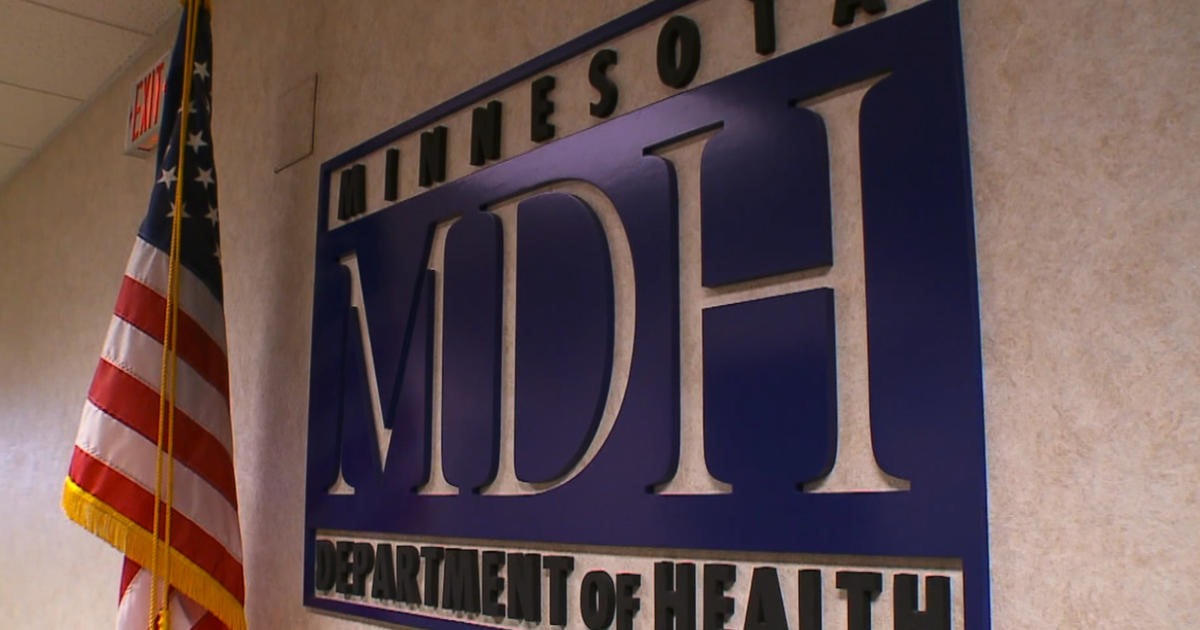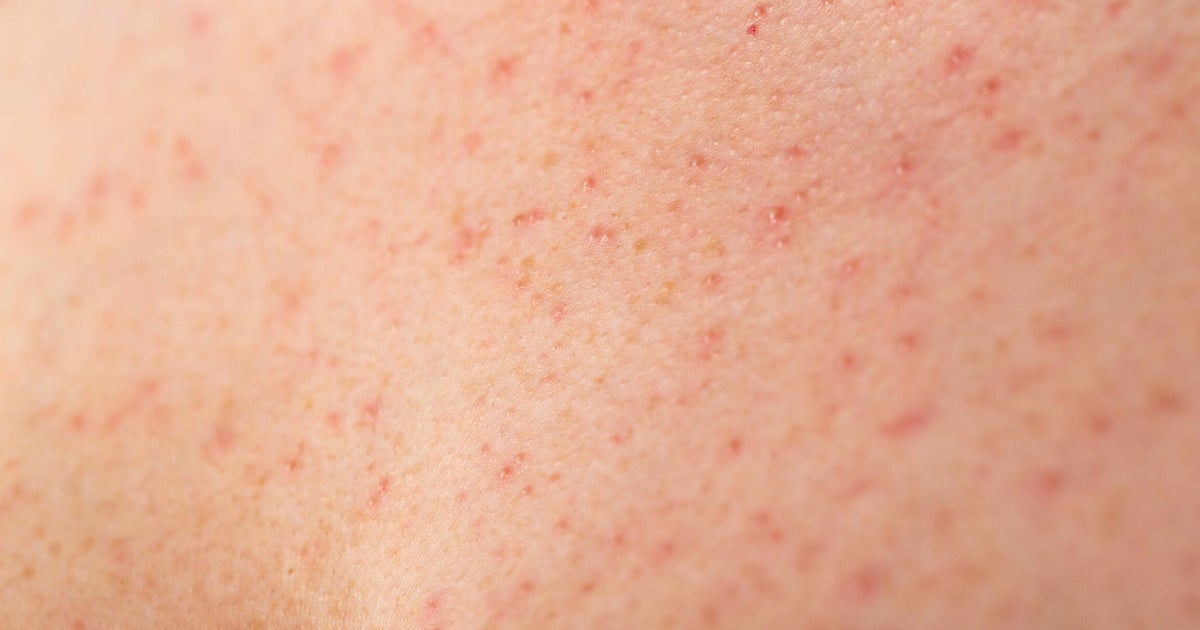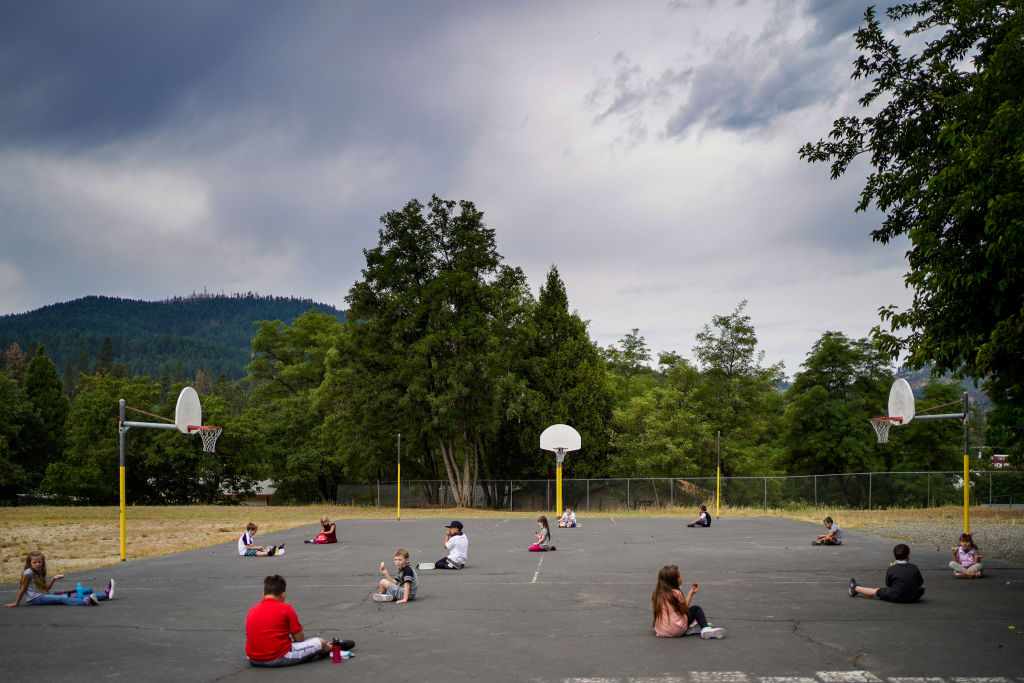North Korea reports 6 deaths from apparent "explosive" COVID outbreak
Seoul, South Korea — Six people have died and 350,000 have been treated for a fever that has spread "explosively" across North Korea, state media said Friday, a day after acknowledging a COVID-19 outbreak for the first time in the pandemic.
North Korea likely doesn't have sufficient COVID-19 tests and other medical equipment and said it didn't know the cause of the mass fevers. But a big COVID-19 outbreak could be devastating in a country with a broken health care system and an unvaccinated, malnourished population.
The North's official Korean Central News Agency said of the 350,000 people who developed fevers since late April, 162,200 have recovered. It said 18,000 people were newly found with fever symptoms on Thursday alone, and 187,800 people are being isolated for treatment.
One of the six people who died was confirmed infected with the omicron variant, KCNA said, but it wasn't immediately clear how many of the total illnesses were COVID-19.
North Korea imposed a nationwide lockdown Thursday after acknowledging its first COVID-19 cases. Those reports said tests from an unspecified number of people came back positive for the omicron variant.
It's unusual for isolated North Korea to admit to the outbreak of any infectious disease, let alone one as menacing as COVID-19, as the country is intensely proud and sensitive to outside perception about its self-described "socialist utopia."
While Kim had occasionally been candid about his worsening economy and other problems in recent years, he had repeatedly expressed confidence about North Korea's pandemic response and wasn't seen wearing a mask in public until a ruling party meeting on Thursday where the North announced the COVID-19 infections.
North Korean state TV showed Kim wearing a mask as he entered what the broadcast described as the country's headquarters of its pandemic response, which appeared to be Pyongyang's landmark Koryo Hotel. He took off the mask and smoked a cigarette while talking with officials.
It's possible that the spread of the virus was accelerated by a massive military parade in Pyongyang on April 25, where North Korean leader Kim Jong Un took center stage and showcased the most powerful missiles of his military nuclear program in front of tens of thousands.
Video of the parade shown on state television showed thousands of unmasked people who weren't socially distanced crammed into Pyongyang's Kim Il Sung square to take it in, Agence France-Presse points out.
Cheong Seong-Chang, an analyst at South Korea's Sejong Institute, said the pace of the fever's spread suggests the crisis could last months and possibly into 2023, causing major disruption in the poorly equipped country.
"Holding a military parade attended by a large crowd, when Omicron was raging in neighboring China, shows Pyongyang was overconfident in their capabilities to fight and prevent the virus," he told AFP.
Hong Min, a researcher at the Seoul-based Korea Institute for National Unification remarked to the news service that the apparent COVID-19 outbreak is "closely linked to the April 25 parade.
"More than 20,000 people were preparing for the parade for two months prior to the event and stayed on in the capital for photo ops with Kim Jong Un," he said.
Will Pyongyang accept outside help?
Some experts say the North's initial announcement communicates a willingness to receive outside aid.
The North last year shunned millions of shots offered by the U.N.-backed COVAX distribution program, including doses of AstraZeneca and China's Sinovac vaccines, possibly because of questions about their effectiveness and unwillingness to accept monitoring requirements. The country lacks the extreme-cold storage systems that are required for mRNA vaccines like those made by Pfizer and Moderna.
The office of South Korea's new conservative President Yoon Suk Yeol, who began his single five-year term on Tuesday, said his government is willing to provide vaccines and other medical supplies to North Korea and hopes to hold discussions with the North over specific plans.
Cha Deok-cheol, a spokesperson in South Korea's Unification Ministry, which handles inter-Korean affairs, said Seoul doesn't immediately have an estimate on the number of vaccine doses it could offer to North Korea if Pyongyang requests help.
Inter-Korean relations have deteriorated over the past three years amid a stalemate in larger nuclear negotiations between Washington and Pyongyang, which derailed over disagreements about exchanging the release of crippling U.S.-led sanctions against the North and the North's disarmament steps.
Chinese Foreign Ministry spokesperson Zhao Lijian said Thursday that Beijing was offering North Korea help in dealing with the outbreak.
"As its comrade, neighbor and friend, China stands ready to provide full support and assistance to the DPRK in the fight against the epidemic," Zhao told reporters at a daily briefing, using the initials for North Korea's official name, the Democratic People's Republic of Korea.
Lijian said he had no information about any such request being made. Asked whether China would be evacuating its nationals from North Korea, Zhao said Beijing will closely monitor the situation and maintain communication with the North to ensure the health and safety of Chinese citizens there.
Kremlin spokesperson Dmitry Peskov said Friday that Russia would swiftly consider any request from North Korea for COVID-19 vaccine supplies, according to the Reuters news agency.
Citing North Korea's shunning of the COVAX vaccines, White House press secretary Jen Psaki said the United States supported international aid efforts but doesn't plan to share its vaccine supplies with the North.
"We do continue to support international efforts aimed at the provision of critical humanitarian aid to the most vulnerable North Koreans, and this is, of course, a broader part of the DPRK continuing to exploit its own citizens by not accepting this type of aid," Psaki said Thursday in Washington.
"It's not just vaccines. It's also a range of humanitarian assistance that could very much help the people and the country and instead they divert resources to build their unlawful nuclear and ballistic missiles programs."
Kim already pointing fingers
KCNA said Kim was briefed about the fever outbreak when he visited the emergency epidemic prevention headquarters on Thursday and criticized officials for failing to prevent "a vulnerable point in the epidemic prevention system."
He said the spread of the fever has been centered around the capital, Pyongyang, and underscored the importance of isolating all work and residential units from one another while providing residents with every convenience during the lockdown.
"It is the most important challenge and supreme tasks facing our party to reverse the immediate public health crisis situation at an early date, restore the stability of epidemic prevention and protect the health and wellbeing of our people," KCNA quoted Kim as saying.
North Korea's claim of a perfect record in keeping out the virus for two and a half years was widely doubted. But it was believed to have avoided a huge outbreak until now, in part because it instituted strict virus controls almost from the start of the pandemic.
The strict border closures and other measures further battered an economy already damaged by decades of mismanagement and crippling U.S.-led sanctions over North Korea's nuclear weapons and missile programs, pushing Kim to perhaps the toughest moment of his rule.
Hours after confirming the COVID-19 outbreak Thursday, North Korea launched three short-range ballistic missiles toward the sea in what possibly was meant to be a display of its strength. It was the North's 16th round of missile launches this year.




